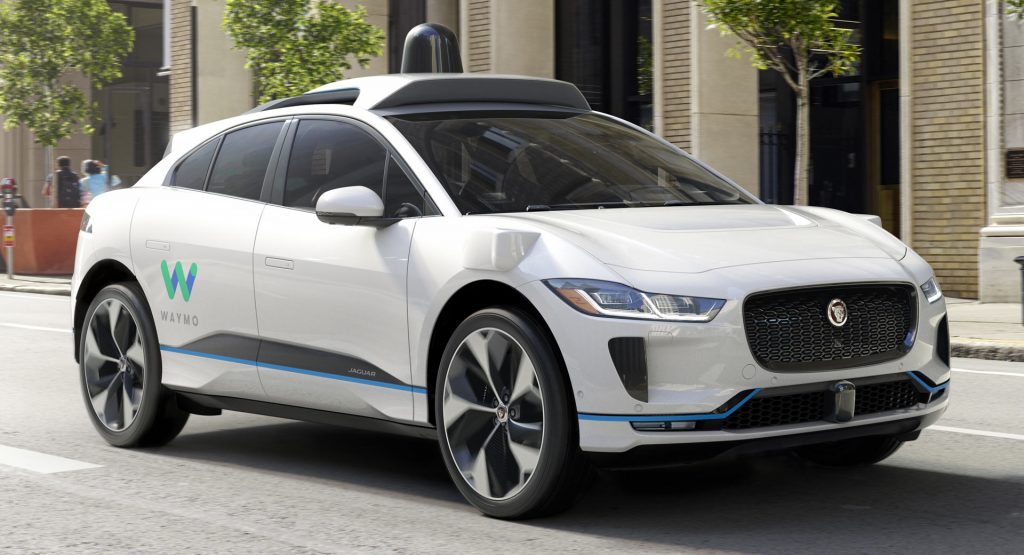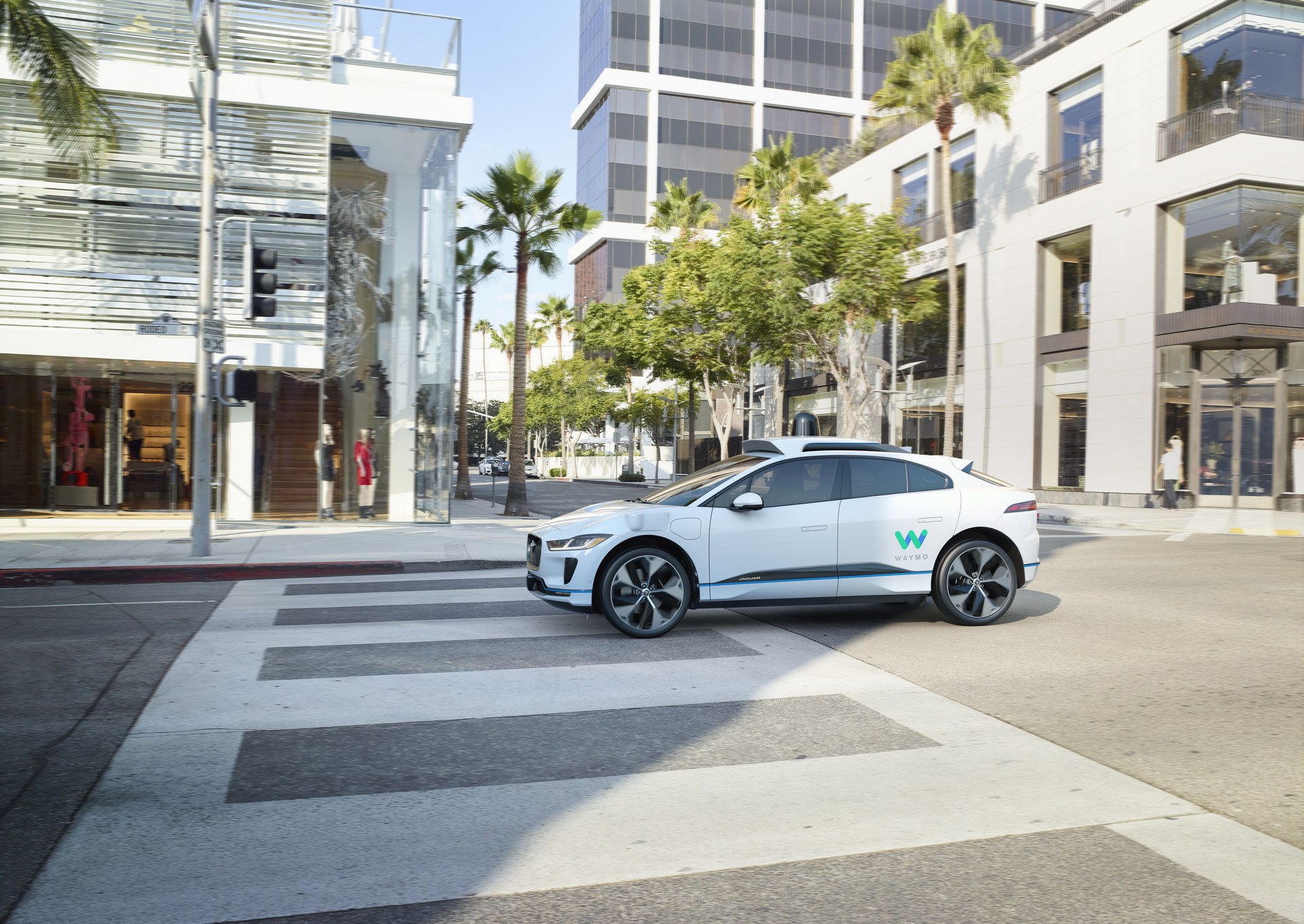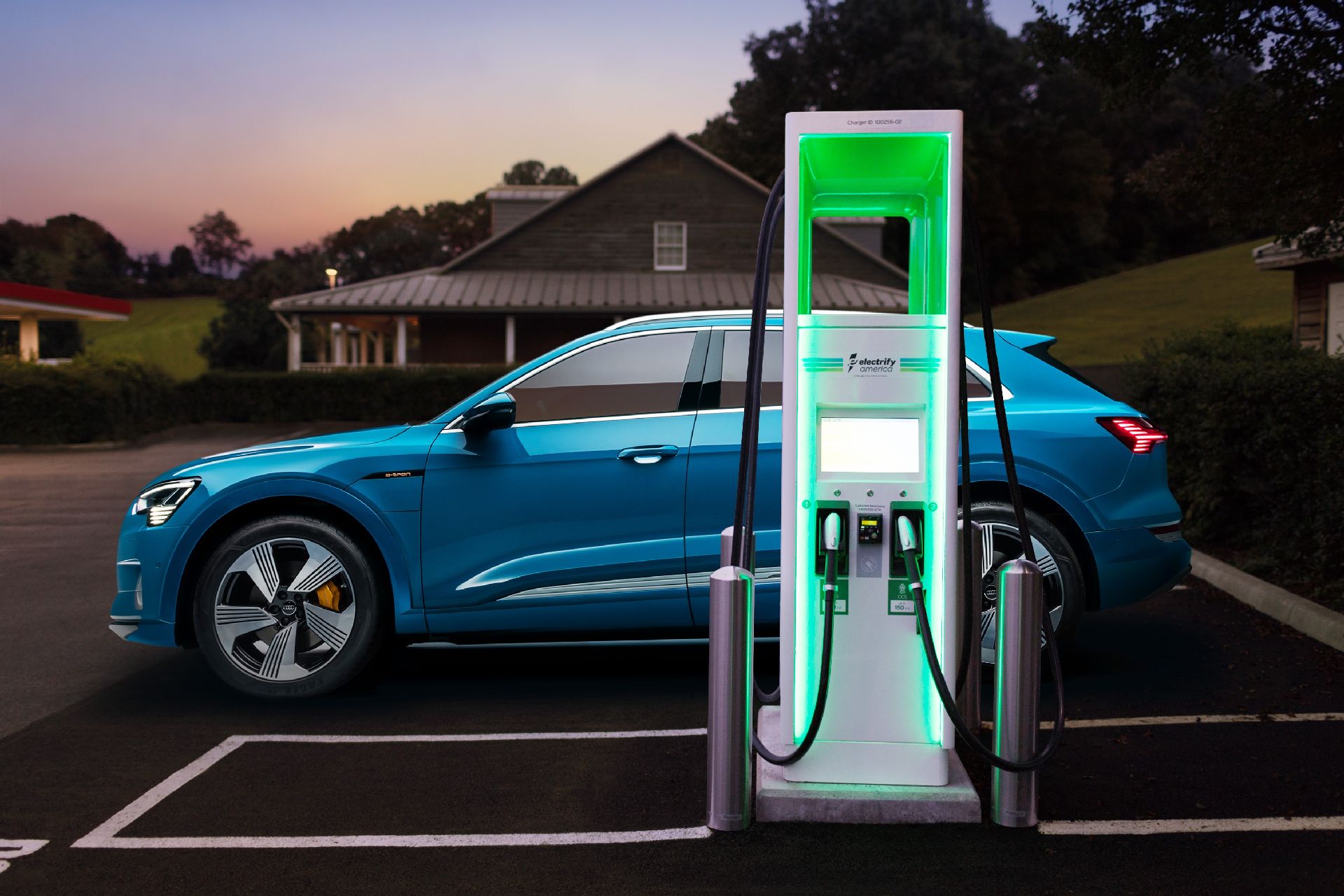Automakers are increasingly pushing autonomous and electric vehicles, but it appears consumers aren’t thrilled with either of them.
According to JD Power’s Mobility Confidence Index Study – which asked more than 5,000 consumers about their feelings towards autonomous and electric vehicles – many people need more convincing about the latest developments in the automotive industry.
The study found that the Mobility Confidence Index for autonomous vehicles was 36 on a 100 point scale. Part of the reason for the low score was that people said they wouldn’t feel comfortable riding in an autonomous vehicle and were also afraid of sharing the road with self-driving cars. This discomfort seems to come from a mistrust of autonomous driving technology as 71% of consumers were worried about possible technical failures or glitches. 57% of respondents were afraid autonomous vehicles could be hacked, while 55% were worried about their legal liability following a crash.
The news wasn’t all bad as 65% of people were more hopeful than worried about autonomous vehicles and it appears a number of the concerns could be caused by a lack of information. In particular, 66% of respondents said they have “little to no knowledge about self-driving vehicles.”
Acceptance of electric vehicles was higher as they had a Mobility Confidence Index score of 55. While consumers like the environmental benefits of EVs, many said they likely wouldn’t purchase one and were concerned about their reliability compared to petrol-powered models. Consumers were also concerned with costs, a lack of charging infrastructure and range issues.
Also Read: Study Shows Just 11 Percent Of Drivers Want Autonomous Driving Technology
Many of these challenges are being addressed as companies are building more charging stations and many electric vehicles now have a range in excess of 200 miles (322 km). Automakers are also introducing vehicles that can be recharged faster and this is important as 74% of people said they’d only be willing to wait 30 minutes or less to receive a charge that delivers approximately 200 miles (322 km) of range.










